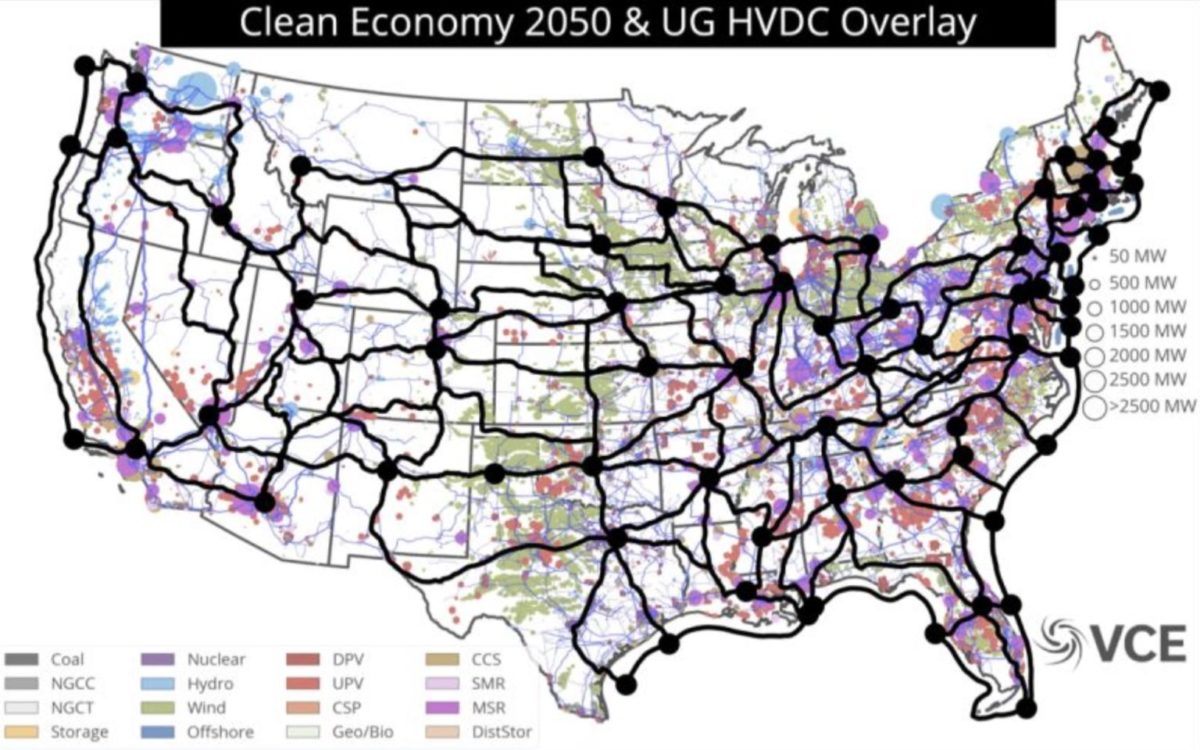mspohr
Well-Known Member
Oil and gas greenhouse emissions ‘three times higher’ than producers claim
Greenhouse gas emissions from oil and gas facilities around the world are about three times higher than their producers claim, new data has shown. Climate Trace, a project to measure at source the true levels of carbon dioxide and other global heating gases, published a new report on Wednesday showing that half of the 50 largest sources of greenhouse gases in the world were oil and gas fields and production facilities. Many are underreporting their emissions, and there are few means of calling them to account.
Greenhouse gas emissions from oil and gas facilities around the world are about three times higher than their producers claim, new data has shown. Climate Trace, a project to measure at source the true levels of carbon dioxide and other global heating gases, published a new report on Wednesday showing that half of the 50 largest sources of greenhouse gases in the world were oil and gas fields and production facilities. Many are underreporting their emissions, and there are few means of calling them to account.








